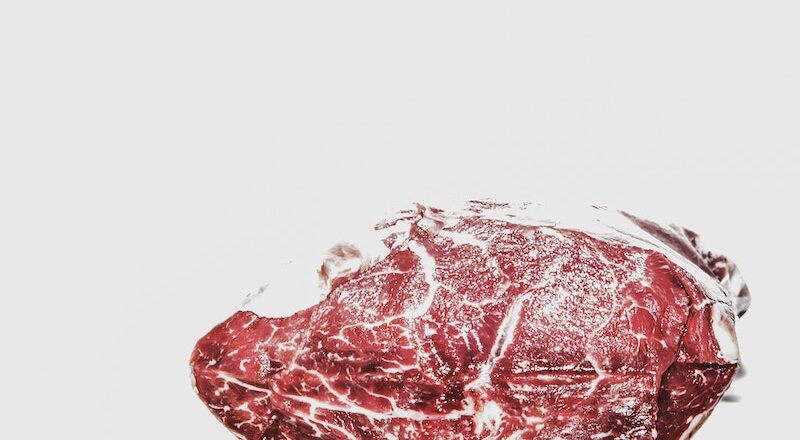
Investment in artificial meat is decreasing
After billions of dollars of investment in recent years, investment in synthetic meat is declining, and the number of countries banning its sale is increasing. Dark times lie ahead for this controversial sector.
U-turn. This is the word that sums up what is happening in the artificial meat sector (often defined as “synthetic” or “cultured”): praised on the one hand and mistreated on the other. The latest news is that in the United States, Alabama has banned its sale with a law signed by Governor Kay Ivey on 7th May: it will come into force in October.
This product – made from real, lab-grown animal cells – has been declared illegal to manufacture, sell or distribute, with penalties of up to three months in jail and a $500 fine. Exceptions will be made for higher education institutions and government departments, which will be able to continue research into artificial meat.
Kay Ivey is not the only one to have taken this step: a few days earlier, the governor of Florida, Ron DeSantis, signed a similar measure to ban lab-grown food in his state. In practice, the ban will affect around 28 million Americans.
Of course, there was no shortage of protests, and they came almost immediately. First up was the Good Food Institute, a non-profit organisation that promotes alternatives to animal protein, which said the laws were short-sighted, trampled on consumer choice and criminalised agricultural innovation. There has also been no shortage of protests from companies producing synthetic meat, who argue that it is not up to state governments to replace consumers in deciding what is on the table and accuse politicians of trying to stifle a technology that could make it possible to produce meat with a low environmental impact. (Although there are many doubts about this, especially regarding the climate).
THE ITALIAN PRECEDENT
The Italian government decided to ban artificial meat in our country last November when the Italian parliament approved the government’s bill. However, the European Union is at a standstill because no EU member state can make decisions that hinder the free movement of citizens, goods and services within European territory.
In Europe, the procedure in the TRIS Directive is in place: member states must notify the Commission of any draft technical regulation before it is adopted. Once Brussels has been informed, three months must elapse to allow the Commission and the other Member States to examine the notified text.
On 29th January, the Commission informed our country that the notification procedure on the Tris portal was closed because Italy had promulgated the law before the expiry of the suspension period provided for in Article 6 of the Tris Directive. With the law’s entry into force banning artificial meat, Italy could be subject to an infringement procedure, which could only lead to fines.
ARTIFICIAL MEAT IN THE EUROPEAN UNION
Today, the only two countries in the world that have authorised the consumption of artificial meat are Singapore and Israel. In the European Union, consuming foods made from meat produced in vitro is impossible, as they are considered “novel” foods under EU Regulation No. 2283/2015.
To circulate in the internal market, the new product must be authorised by the Commission and included in the list of novel foods. To date, six insect-based foods have been authorised in the European Union, while no application for authorisation has yet been submitted for artificial meat products.
STARTUPS IN CRISIS
There is also bad news on the startup side: there are more than 150 new industrial companies in the world dealing with artificial meat (chicken, beef, pork), but investments have been declining for three years and fell by 78% only in 2023. Specifically, according to AgFunder data, they fell from $989 million in 2021 to $177 million in 2023. The data were presented at the recent seminar “Cultivated meat. Between uncertainties and opportunities” by RomaTre University.
35% of these startups are working on finished products, 22% on cell culture media, 17% on bioreactors, 14% on scaffolds for organising cells and the remaining 12% on cell lines. The main obstacles to the sector’s development are the high cost of the growth factors required for cell cultivation and the various technological challenges to overcome.
Only the Netherlands, which has earmarked 60 million euros to speed up the research and commercialisation of artificial and fermentative meats, and Spain, which has put 7 million euros on the table to increase the production of alternative proteins, are going against the grain, as is Germany, which has decided to invest 38 million euros in the transition to alternatives to the (real) meat, some of which will be earmarked for research into plant proteins and synthetic meat.
Who will win, the proponents and opponents of artificial meat? For the moment, it seems that most investments are on hold.





